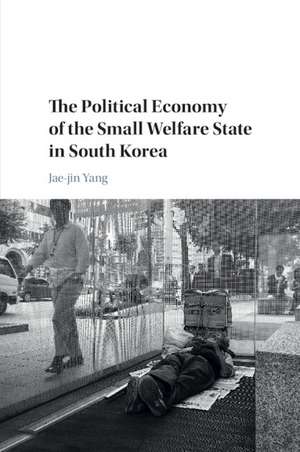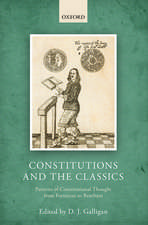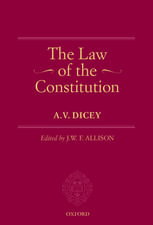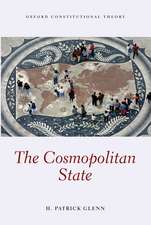The Political Economy of the Small Welfare State in South Korea
Autor Jae-jin Yangen Limba Engleză Paperback – 9 oct 2019
| Toate formatele și edițiile | Preț | Express |
|---|---|---|
| Paperback (1) | 285.37 lei 6-8 săpt. | |
| Cambridge University Press – 9 oct 2019 | 285.37 lei 6-8 săpt. | |
| Hardback (1) | 693.36 lei 6-8 săpt. | |
| Cambridge University Press – 27 sep 2017 | 693.36 lei 6-8 săpt. |
Preț: 285.37 lei
Nou
Puncte Express: 428
Preț estimativ în valută:
54.61€ • 57.16$ • 45.45£
54.61€ • 57.16$ • 45.45£
Carte tipărită la comandă
Livrare economică 01-15 aprilie
Preluare comenzi: 021 569.72.76
Specificații
ISBN-13: 9781108402484
ISBN-10: 1108402488
Pagini: 267
Ilustrații: 19 b/w illus. 26 tables
Dimensiuni: 151 x 227 x 17 mm
Greutate: 0.4 kg
Editura: Cambridge University Press
Colecția Cambridge University Press
Locul publicării:New York, United States
ISBN-10: 1108402488
Pagini: 267
Ilustrații: 19 b/w illus. 26 tables
Dimensiuni: 151 x 227 x 17 mm
Greutate: 0.4 kg
Editura: Cambridge University Press
Colecția Cambridge University Press
Locul publicării:New York, United States
Cuprins
1. Introduction; 2. Theoretical reinterpretation of the small welfare state in South Korea; 3. The emergence of the small welfare state under the authoritarian developmental state (1961–1987); 4. Democratization and limited welfare state development under the conservative rule (1987–1997); 5. Economic crisis, power shift, and welfare politics under the Kim Dae Jung government (1997–2002); 6. Economic Unionism and the limits of the Korean welfare state under the Roh Moo Hyun government (2003–2007); 7. Wind of welfare and tax politics under the returned conservative rule; 8. Conclusion.
Recenzii
'… the book is a convincing account, both explanatory and full of details and up-to-date empirical data, of the enigma of Korea's small welfare state. A must-read for anyone wishing to apprehend the Korea of today and yesterday, and to contemplate its future. Thomas R. Klassen, Journal of East Asian Studies
Notă biografică
Descriere
This book explains why the Korean welfare state is underdeveloped despite successful industrialization, democratization, a militant labor movement, and a centralized meritocracy.















